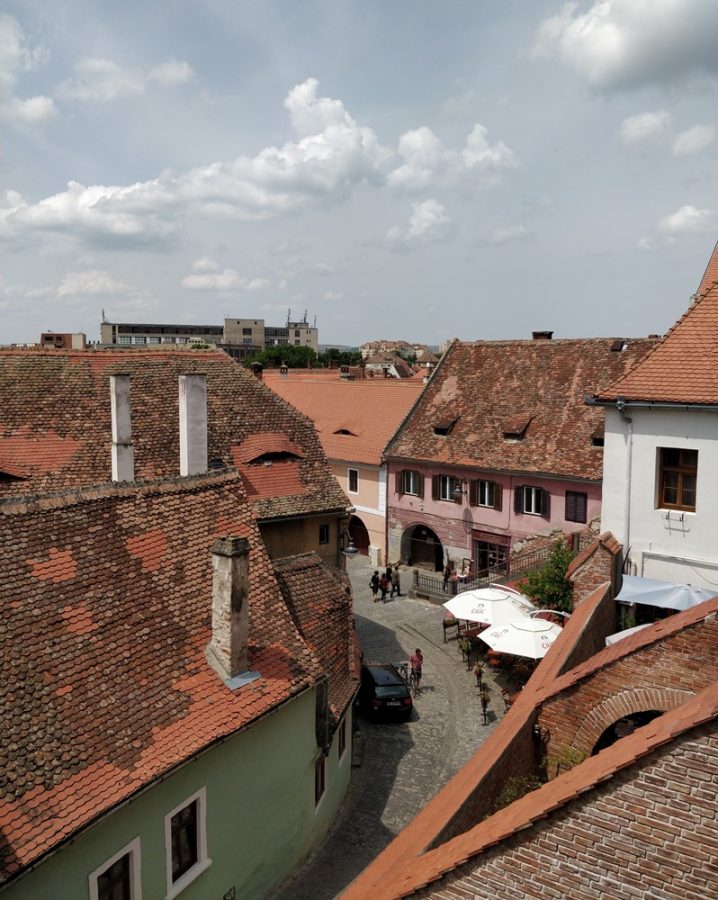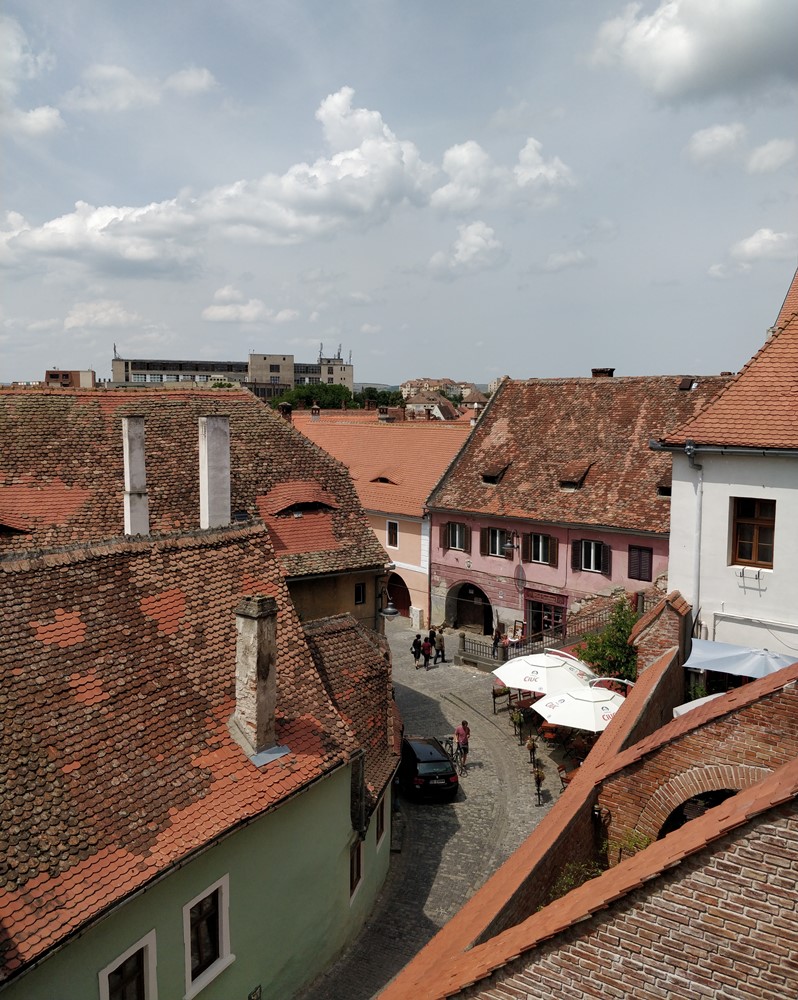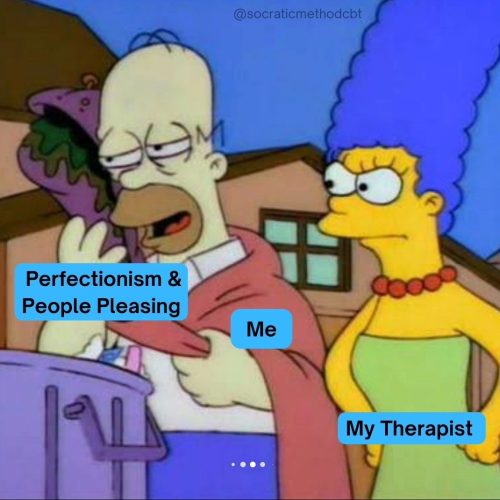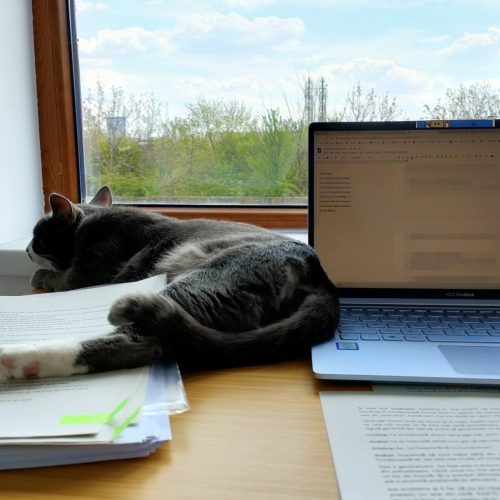Back home, in Bucharest, I follow the same routine: my days are split into two big parts, one dedicated to work, and one for fun.
I work from the minute I wake up – that usually happens between 6 and 7 AM, perhaps later during winters, but never using an alarm clock. After working hard until late afternoon, I have the rest of the day blocked for the fun activities.
Work is also further divided into two separate chunks of time: thinking – early in the morning (that’s the creative part, where I need to focus) and communicating – at noon (team management, emails, meetings, and so on).
By ‘fun activities” I’m referring to long conversations with close friends and/or sports training – I have running (Tuesdays and Wednesdays) and spinning classes (Monday and Thursday evenings).
My guess is that this works for me for several reasons:
a) I’m more efficient in the morning, after a goodnight sleep. If I’m not well rested or my ‘buffer’ already started to fill with other people’s agendas (be they emails, news, phone calls, crowd metro stations or social media updates), anything I set my mind to will take me at least twice as long. I’d rather work when I know my „battery” is fully charged, so I schedule all the important tasks right at the beginning of the day. Plus, there aren’t as many distractions and interruptions.
b) I need to block long stretches of time to be able to get in a deep work flow. I can’t easily switch between tasks or try to multitask – or perhaps I can, but I believe it affects the quality of what I do, so I try to avoid doing that (p.s. evergreen read on the subject: Paul Graham’s essay ‘Maker’s schedule, Manager’s schedule‘, pair it with Cal Newport’s ‘Deep Work‘ ).
c) With the exceptions of weekends, I’ve never been able to rotate these and go run early in the morning, and only afterwards start work. I need to work first, or else all I’ll think about during my training will be how guilty I feel for all the potentially productive hours I’m wasting by doing something else. So work comes first, sports at the end of the day, to disconnect and de-stress. I also fall asleep much easier after a sports session (I know other people’s experiences are exactly opposite, they feel agitated and fall asleep harder after sport – luckily, this hasn’t been my case so far).
That being said, I only accepted coming to Sibiu for the International Theatre Festival after making a promise to myself that I’ll keep the same routine I have back at home, in Bucharest: work in the first half of the day, fun afterwards – replacing sports with theatre and dance performances.
Of course, as you’ve probably seen it coming… my plans were completely ruined right from the minute I step foot in Sibiu.
First of all, it’s impossible to go to sleep as early as I do at home. All the best shows are scheduled late at night, which means they end sometimes around midnight. I’ll leave on Thursday and, until then, all the performances I’ll attend will end at 11 PM – at the earliest.
After that, everyone gathers at the open air festival club – from organizers to performers and media representatives, and chat for a few more hours. I only went once, in search for some late night (junk) food, and my head was falling on the plate after less than 15 minutes, so I went to sleep. Yeah, I know, I’m no fun. I’m aware of the importance of networking, but, as an introvert who stopped drinking alcohol 18 months ago, I tend to avoid crowded places and potential small-talk, and would rather make room in my agenda for private long conversations over coffee or plain water.
In the second day of the festival I’ve also made the mistake to schedule four performances in a row. I have no idea what I was thinking when I made that decision. Actually, I do know: I was greedy and wanted to fit as many potentially awesome shows as possible in the shortest window of time. By the middle of the third one, my brain wasn’t able to properly process information anymore.
The next morning, I had planned a run in the nearest park – a Sunday tradition that I have back home and wanted to keep. Needless to say, it was impossible to wake up at my usual hour. This had a domino effect: I woke up later than usual, which led to going to bed even later than the night before – a cycle that will likely self-perpetuate until I leave.
So now I’m forcing myself to switch my mindset and, instead of struggling to maintain my home routine, thus setting myself for failure and frustration (and wasting too much energy in the process), I’ll just embrace what’s happening and appreciate these days spent in Sibiu.
I also realized that this pattern change has made me even more creative, and lots of ideas were seeded in my mind (or perhaps it was the effect that awesome dance performances had on my mind?). So maybe a disruption in my routine was a good thing, after all.
Any tips that you found useful for working while on the road?





4 comentarii. Leave new
To be honest, I went through a similar experience and found it extremely frustrating … I wasn’t as productive as back home (or didn’t meet my own expectations regarding this aspect) and I wasn’t able to fully enjoy the trip either (due to frustration and feeling guilty). It was a lose-lose situation. If I can, I try to not work during trips (or minimize it as much as possible) – even if this means that I will stay up very late until the night before – or I set priorities without a schedule. I just make a list of „must dos” for the trip, keep an eye on it, and plan depending on what happens during the trip. I do my best to enjoy the moment/ the trip, embrace everything it brings and recharge my batteries.
Aaaaand, enjoy beautiful Sibiu! thanks for taking the time to share this with us
thanks for taking the time to share this with us
As Adriana said, I also try to minimize working on the road.
When I go somewhere (even a business trip) there is a reason I’m there, so I enjoy the place or event, sort of a mini-holiday, and work far less, if at all.
Yes, my schedule will get flipped for a bit, but I know when I get back at the office, I’ll have more energy and ideas to work on.
Once in a while you need to live a little and enjoy the view: take a deep breath, open your eyes and just feel what surrounds you.